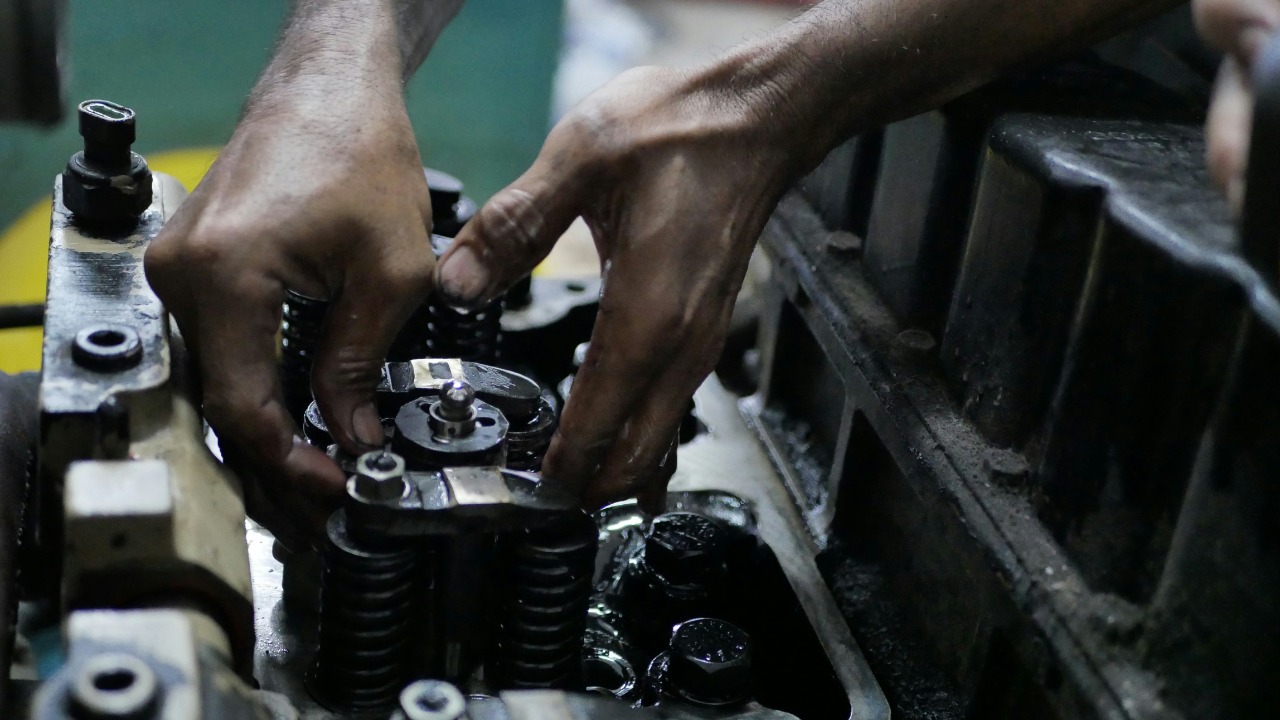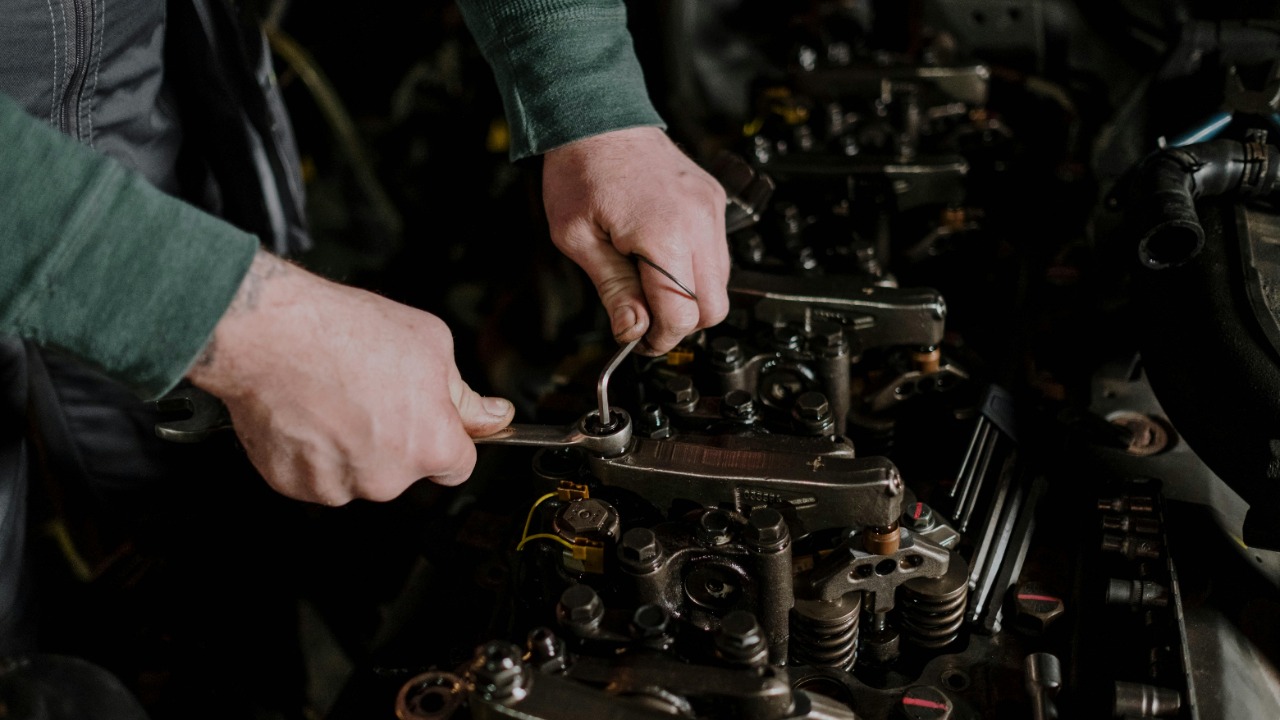
Diesel engines are renowned for their power and fuel efficiency, but cold weather can pose significant challenges to their operation. Many diesel owners wonder if starting their engines in cold conditions could cause damage. Understanding the potential risks of cold starts for diesel engines is crucial, as is knowing how to minimize these risks effectively.
Understanding Diesel Engines

How Diesel Engines Differ from Gasoline Engines
Diesel engines operate on the principle of compression ignition, unlike gasoline engines, which rely on spark ignition. This fundamental difference is due to the higher compression ratios in diesel engines, which ignite the fuel through the heat generated by compressing air in the cylinders. As a result, diesel engines can use a variety of fuel types, including biodiesel and ultra-low sulfur diesel, that are designed to withstand high pressures.
These engines are particularly popular in commercial vehicles and heavy-duty applications due to their efficiency and robustness. However, their reliance on compression ignition means that they can be more sensitive to temperature variations, making cold weather operation a particular concern for diesel vehicle owners.
Cold Weather Challenges for Diesel Engines
In cold weather, diesel fuel can become more viscous, leading to potential clogging in fuel lines and filters. This increased thickness can cause significant issues during cold starts as the engine struggles to draw the fuel through the system. Furthermore, cold starts can affect engine components such as pistons and cylinders, which may not initially receive adequate lubrication, leading to increased wear.
The impact of low temperatures on diesel engines is a well-documented concern. Research has shown that cold conditions can exacerbate the natural challenges diesel engines face, requiring specific strategies to ensure smooth operation and longevity of the engine components.
Potential Risks of Cold Starts

Engine Wear and Tear
During a cold start, friction between engine components increases due to the lack of immediate lubrication. This can lead to accelerated wear on critical parts such as pistons and cylinders. Over time, this increased friction can reduce the engine’s lifespan and efficiency.
Moreover, the initial moments of a cold start can cause uneven thermal expansion in the engine’s metal components, further stressing the engine. It’s crucial for diesel owners to be aware of these risks and take steps to mitigate them, especially during colder months.
Battery and Electrical System Strain
The battery and electrical system in diesel engines are also under significant strain during cold starts. The battery must provide enough power to crank the engine, which requires more energy in low temperatures. This increased demand can lead to a depleted battery if not properly maintained.
Additionally, the alternator and starter motor are subjected to more stress during cold starts. Ensuring these components are in good condition is vital for reliable engine performance. For those interested in detailed technical insights, the University of Nottingham offers extensive studies on the topic.
Preventive Measures for Cold Starts

Pre-heating Options for Diesel Engines
One of the most effective ways to mitigate cold start issues is through pre-heating solutions. Block heaters are a popular choice, as they warm the engine block and keep the engine’s coolant at an optimal temperature, reducing the strain during a cold start. Similarly, glow plugs and intake heaters can ensure that the air entering the engine is sufficiently warm, facilitating easier ignition.
For a comprehensive guide on pre-heating options, Drive Big Trucks provides practical advice on how to prepare your diesel engine for cold weather conditions.
Fuel Additives and Quality
Using winter-grade diesel fuel is essential to prevent fuel from gelling in cold temperatures. This type of fuel is formulated to handle lower temperatures without thickening. Additionally, anti-gel additives can be mixed with diesel to prevent it from solidifying, ensuring a smooth flow through the engine’s fuel system.
Maintaining the quality of the fuel used in a diesel engine is crucial for preventing cold start issues. By using the right fuel and additives, diesel owners can significantly reduce the risks associated with cold weather operation.
Long-term Maintenance Tips

Regular Engine Check-ups
Regular maintenance is key to ensuring the longevity and efficiency of a diesel engine, particularly when operating in cold environments. Frequent oil and filter changes help maintain optimal engine performance and prevent wear. It’s also important to inspect and maintain the fuel system, ensuring there are no blockages or leaks.
Routine engine check-ups can identify potential issues before they become significant problems, saving time and money in the long run. By adhering to a regular maintenance schedule, diesel owners can keep their engines running smoothly regardless of the weather.
Battery and Electrical System Maintenance
The health of the battery and the overall electrical system is critical for reliable cold starts. Ensuring the battery is in good condition and has sufficient charge is essential. Regular inspections of the alternator and starter motor can help identify any issues that might lead to starting difficulties.
For additional insights and community experiences regarding diesel engine maintenance, you can explore discussions on platforms like Reddit’s Diesel forum.
Expert Opinions and Research Findings

Insights from Diesel Engine Specialists
Diesel engine specialists often recommend taking proactive measures to ensure engines start smoothly in cold weather. Pre-heating the engine and using the appropriate fuel additives are common practices among experienced diesel operators. These measures not only facilitate easier starts but also prolong the life of the engine.
Professional recommendations emphasize the importance of preparation and maintenance, with specialists advising regular check-ups and the use of quality components to minimize cold start issues.
Research on Cold Weather Effects
Recent studies have highlighted the impact of cold weather on diesel engine performance. According to ScienceDirect, advancements in technology are helping to mitigate these effects, with new engine designs and materials reducing the stress of cold starts.
Understanding the latest research and technological developments can help diesel owners make informed decisions about how best to care for their engines during the colder months. By staying informed, diesel operators can adapt to changing conditions and maintain their vehicles effectively.